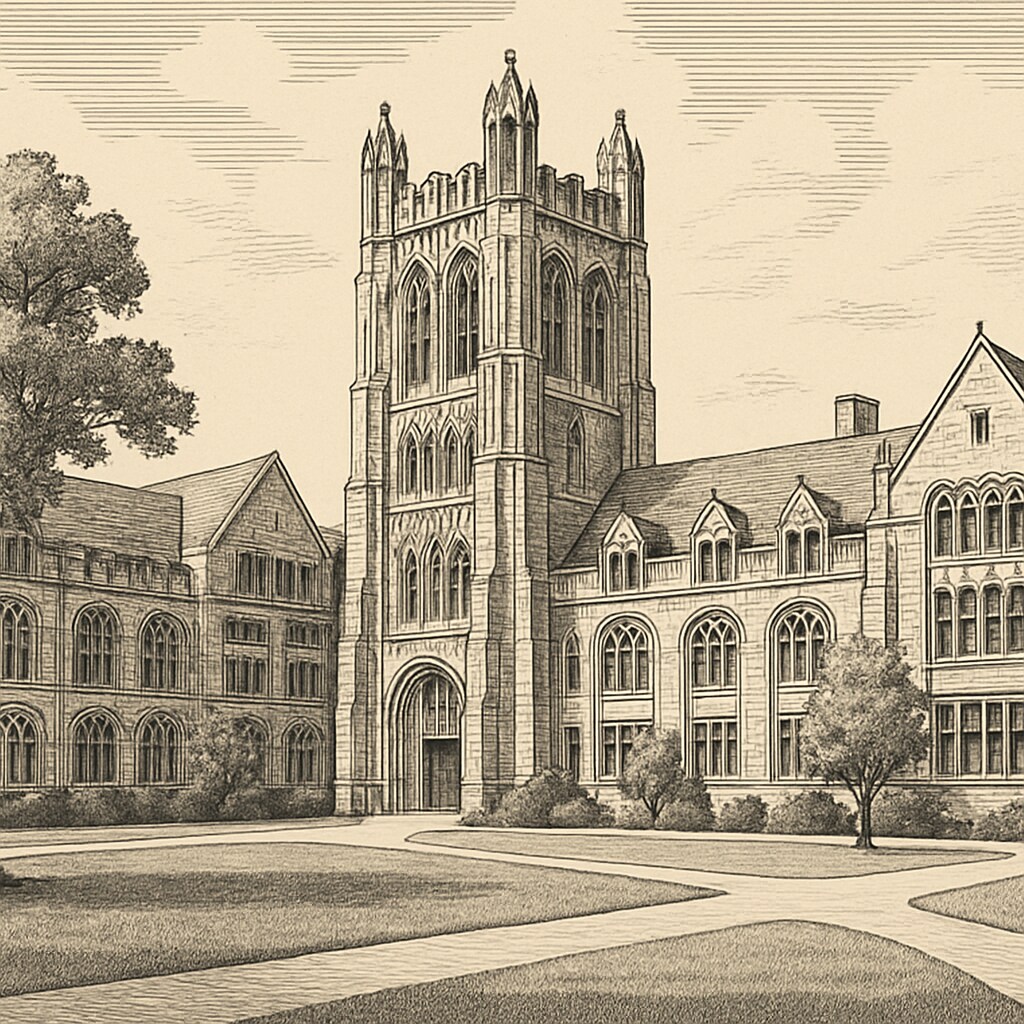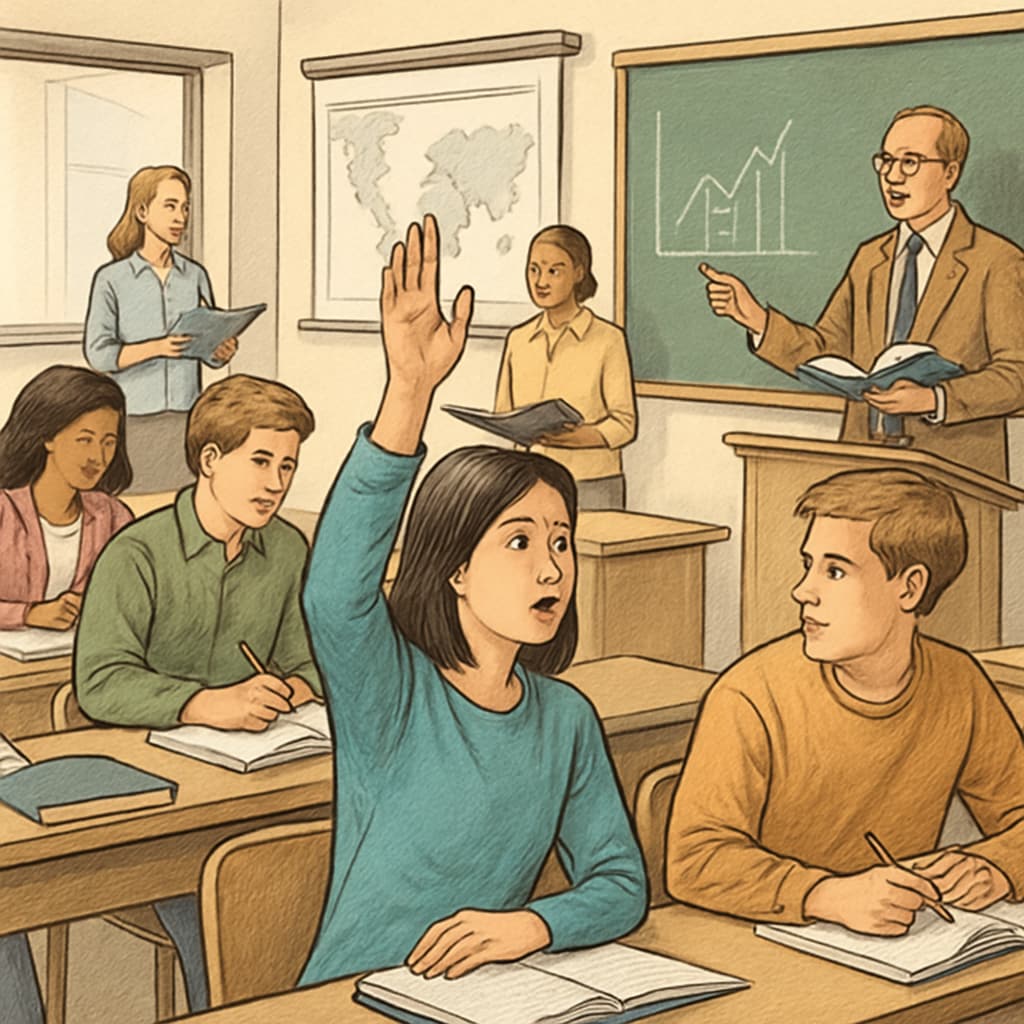Princeton, along with its Ivy League counterparts, has long been revered as a symbol of academic excellence and social prestige. However, as higher education undergoes significant scrutiny, many are beginning to question whether the reputation of these elite institutions is justified or if they are, in fact, overrated. Are Ivy League schools truly delivering the value they promise, or is their prestige rooted more in tradition than in substance?
What Makes the Ivy League Prestigious?
The Ivy League’s reputation stems from a combination of historical significance, rigorous admissions processes, and influential alumni networks. Universities like Princeton boast centuries-old legacies, world-class faculty, and access to unparalleled resources. These factors have contributed to their image as the pinnacle of higher education.
However, critics argue that this prestige is not always synonymous with superior educational outcomes. For example, studies have shown that graduates from public universities often achieve comparable career success, albeit without the same level of debt or exclusivity. This raises the question: is the Ivy League experience worth the investment?

The Reality Behind the Rankings
College rankings, such as those published by U.S. News & World Report, often place Ivy League schools at the top. But these rankings are not without their flaws. Metrics like alumni donations, faculty-to-student ratios, and peer assessments heavily influence rankings, often favoring wealthier institutions.
For instance, while Princeton excels in these metrics, its emphasis on exclusivity can marginalize students from diverse socioeconomic backgrounds. This exclusivity perpetuates a cycle where wealth and privilege are disproportionately represented, calling into question the true accessibility and inclusivity of these institutions.
Moreover, the academic rigor of Ivy League schools does not always translate into better teaching. Many professors prioritize research over teaching, leaving undergraduates to navigate their education with limited guidance. In contrast, smaller liberal arts colleges and state universities often prioritize teaching, fostering a more student-centered learning environment.

Are Ivy League Schools Overrated?
Given the high costs associated with Ivy League education, it’s worth evaluating whether these schools deliver a return on investment (ROI) that matches their prestige. While graduates often enjoy access to elite networks and high starting salaries, these benefits may not justify the price tag for every student.
- Cost: The average cost of attendance at an Ivy League school exceeds $70,000 per year, not including additional expenses like housing and books.
- Debt: Many students graduate with significant debt, which can hinder financial independence for years.
- Alternative Paths: Public universities and smaller colleges often offer equivalent academic programs at a fraction of the cost.
Additionally, the intense pressure to maintain a competitive GPA and secure prestigious internships can take a toll on students’ mental health. The “brand value” of an Ivy League degree might not always outweigh these challenges, especially when comparable opportunities exist elsewhere.
Reevaluating the Value of Higher Education
As society places increasing emphasis on skills and experience over degrees, the value proposition of elite education is evolving. Employers are beginning to prioritize candidates’ abilities and achievements rather than the name on their diploma. Platforms like LinkedIn and Coursera are democratizing access to professional development, further diminishing the monopoly of Ivy League schools on career advancement.
It is also essential to recognize that success is not confined to a select group of institutions. Many leaders in business, technology, and the arts hail from non-Ivy League backgrounds, proving that talent and determination often outweigh pedigree.
In conclusion, while Princeton and other Ivy League schools undoubtedly offer unique opportunities, their reputation may not always align with their actual value. Prospective students should carefully weigh the costs and benefits, considering alternative paths that might better suit their goals.
Final Thoughts: The allure of the Ivy League remains strong, but as higher education becomes more accessible, it’s crucial to question whether these schools are truly worth the investment or if their prestige is merely a relic of the past.


